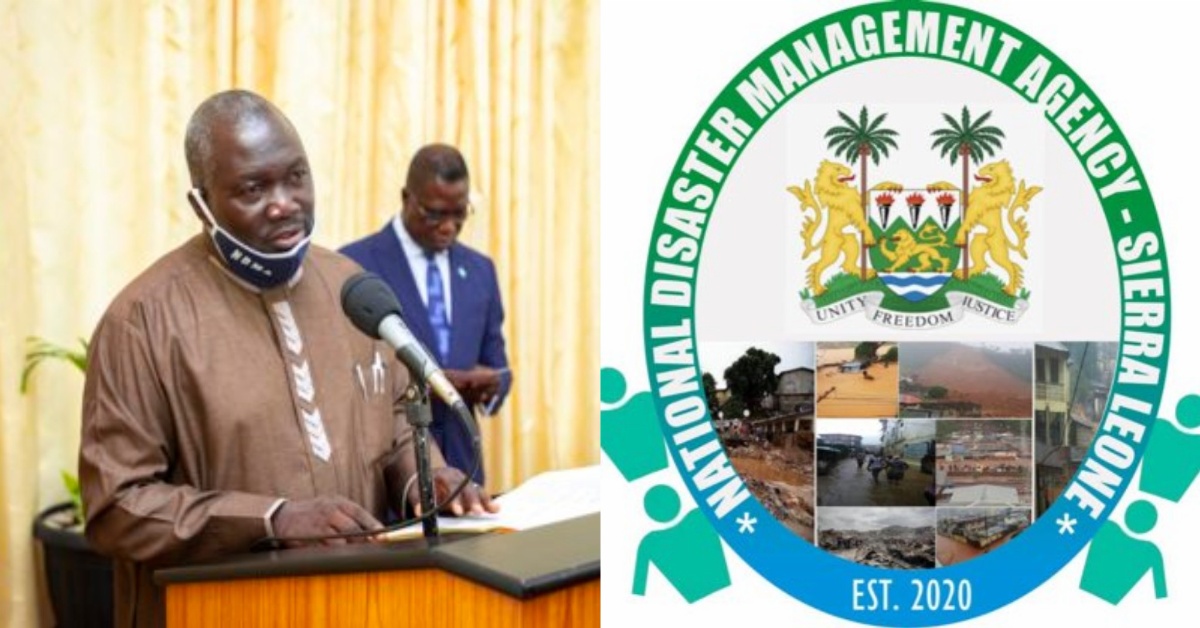The National Disaster Management Agency (NDMA) has recently determined that the months of August and September pose a higher risk of flooding in Sierra Leone, prompting a call for precautionary measures across the country.
According to Mohamed L. Bah, the Director of Communications at NDMA, despite heavy rainfall, there have been no reports of significant flooding or fatalities so far. However, he pointed out that disasters tend to strike areas where construction has encroached upon waterways, garbage has accumulated in gutters, illegal mining is rampant, or slum communities are vulnerable.
Mr. Bah credited the agency’s direct interventions for a reduction in disaster occurrences in the Western Areas. Key measures such as clearing drainages, community sensitization, and public education on disaster preparedness have contributed to successful flood mitigation. Nevertheless, the agency faces challenges due to limited resources, particularly in terms of vehicles and personnel.
“Local community volunteers have a pivotal role in bringing to the attention of the agency possible disaster risk activities in their communities,” Bah said.
He further stated that the agency has conducted training sessions for local chiefs and authorities in various disaster-prone communities. The aim of these training sessions is to raise awareness about their responsibility to provide leadership during disasters and to actively contribute to the reduction of man-made disasters.
Regarding the sensitive topic of relocating people living in disaster-prone areas, Bah acknowledged the complexity of the issue.
He emphasized that any such relocation efforts must be approached with great care, taking into consideration the human rights, security, and provision of amenities for those affected. It is essential to balance the need for safety with respect for the rights and well-being of the impacted communities.
“In a situation where there is no relocation plan, the agency will institute an adaption method in a bid for them to adapt in whatever situation and vulnerability they find themselves,” Bah said.


 Post a comment
Post a comment









Comment(s)
Disclaimer: Comments expressed here do not reflect the opinions of Sierraloaded or any employee thereof.
Be the first to comment